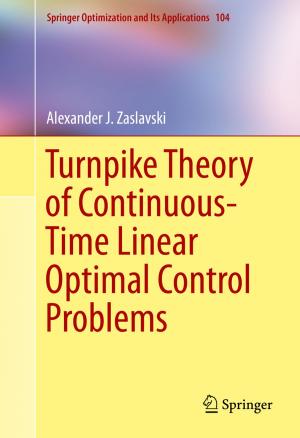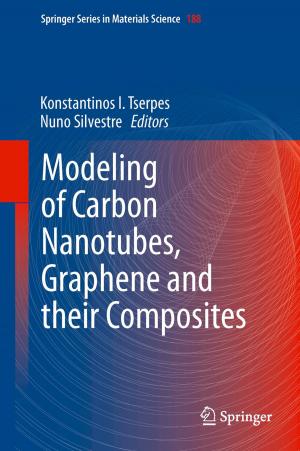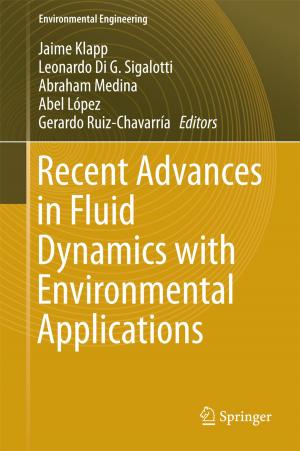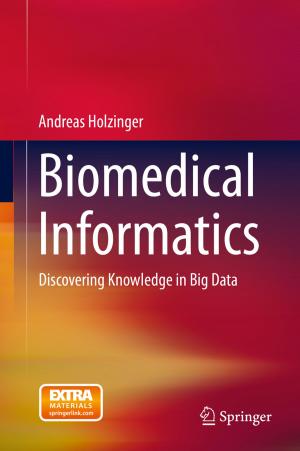Food Parcels in International Migration
Intimate Connections
Nonfiction, Social & Cultural Studies, Political Science, International, International Relations, Social Science, Sociology| Author: | ISBN: | 9783319403731 | |
| Publisher: | Springer International Publishing | Publication: | August 9, 2017 |
| Imprint: | Palgrave Macmillan | Language: | English |
| Author: | |
| ISBN: | 9783319403731 |
| Publisher: | Springer International Publishing |
| Publication: | August 9, 2017 |
| Imprint: | Palgrave Macmillan |
| Language: | English |
This book takes food parcels as a vehicle for exploring relationships, intimacy, care, consumption, exchange, and other fundamental anthropological concerns, examining them in relation to wider transnational spaces. As the contributors to this volume argue, food and its related practices offer a window through which to examine the reconciliation of people’s localised intimate experiences with globalising forces. Their analyses contribute to an embodied and sensorial approach to social change by examining migrants and their families’ experiences of global connectedness through familiar objects and narratives. By bringing in in-depth ethnographic insights from different social and economic contexts, this book widens the understanding of the lived experiences of mobility and goes beyond the divide between origin and destination countries, therefore contributing to new ways of thinking about migration and transnationalism that take into consideration the materiality of global connections and the way such connections are embodied and experienced at the local level.
This book takes food parcels as a vehicle for exploring relationships, intimacy, care, consumption, exchange, and other fundamental anthropological concerns, examining them in relation to wider transnational spaces. As the contributors to this volume argue, food and its related practices offer a window through which to examine the reconciliation of people’s localised intimate experiences with globalising forces. Their analyses contribute to an embodied and sensorial approach to social change by examining migrants and their families’ experiences of global connectedness through familiar objects and narratives. By bringing in in-depth ethnographic insights from different social and economic contexts, this book widens the understanding of the lived experiences of mobility and goes beyond the divide between origin and destination countries, therefore contributing to new ways of thinking about migration and transnationalism that take into consideration the materiality of global connections and the way such connections are embodied and experienced at the local level.















